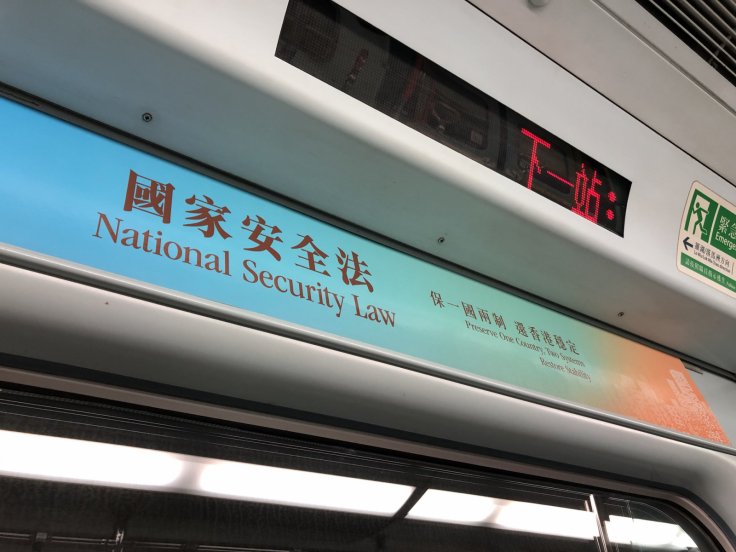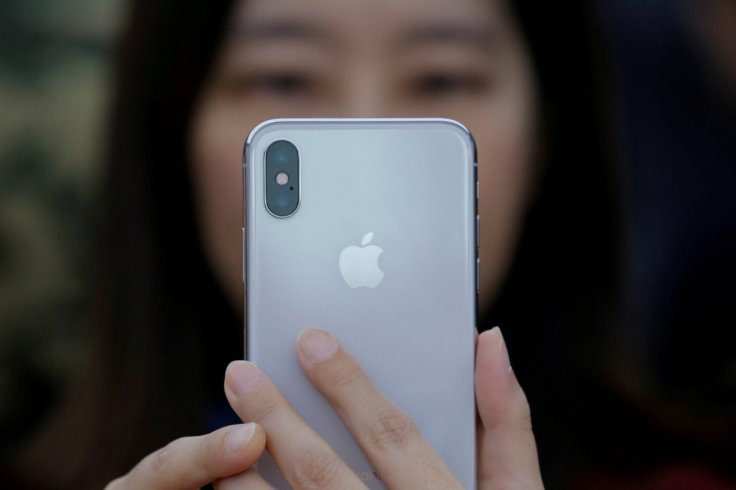China claimed that the national security law for Hong Kong is aimed at tackling separatist activity, subversion, terrorism, and collusion with foreign forces. But as per its critics, the much-anticipated legislation will crush wide-ranging freedoms that are seen as key to Hong Kong's status as a global financial center.
The law that has led to deep concerns in the U.S. and Europe, includes a national security office for Hong Kong to collect intelligence and handle crimes against national security. But the situation has deteriorated sparking fears among the Hong Kong citizens forcing them to erase their own internet histories.

No Freedom, New Rules
China revealed details about the new national security law for Hong Kong on Saturday, June 20 paving the way for the most profound change to the city's way of life since it returned to Chinese rule in 1997. Hong Kong leader Carrie Lam will also have the power to appoint specific judges to hear national security cases, a move likely to unnerve some investors, diplomats, and business leaders in the global financial hub.
Many experts and activists fear that new restriction will bring surveillance and censorship network, which is already there in the mainland of China, known as Great Firewall in Hong Kong. Even though such changes may not come overnight, Hong Kong people are living under the risk of being silenced and arbitrarily thrown into prisons.

Joshua Wong, Hong Kong's student activist, and politician who was one of the leaders of the famous Umbrella movement said when China government decides to rule the city with an "iron fist," it is foreseeable that Chinese authorities will extend its censorship apparatus to Hong Kong.
As reported by Vice, a 31-year-old Kedros Ng, who has lived in Hong Kong his entire life, downloaded over 10 gigabytes of data last month from his Facebook account but deleted it forever. He fears that the Chinese Communist Party of the Hong Kong government could dig through the history and arrest people for "harming national security." He revealed that more than half of his family members and friends have started doing the same.
Fears over the impending law has left people of Hong Kong in a panic. Across the city, WhatsApp groups are being scrubbed and media posts are being erased. A well-known Hong Kong TV star and former policeman, Wong He even posted a tutorial on YouTube about how to delete your Facebook account. The video tutorial uploaded on Monday, June 22 included over 800 comments. One of the social media users said:
Hong Kong's brothers and sisters please delete as soon as possible, so it is not good for your online information and accounts, in case the autumn liquidation begins. The struggle can only slowly go underground, please ensure your own safety is the greatest principle. Concentrate on cheering, God bless Hong Kong (translated by Google Translator)
Hong Kong Under Surveillance
Even though there is no online censorship in Hong Kong neither by the China Communist Party (CCP) nor by the city government, it doesn't mean that there is no digital censorship or surveillance on the city's citizens. Basically, the surveillance process remained different in Hong Kong from the way it is done in mainland China, where the CCP blocks access to unwanted content or remove offending comments.
Great Firewall
China has spent years to build the Great Firewall through which the CCP can control what information Chinese people can and cannot see. It allowed the government to control historical information, which means tens of millions of Chinese citizens don't even know about the Tiananmen Square massacre of 1989. So, it is not surprising that popular video conferencing company Zoom had to suspend accounts of activists as per the Chinese government's 'request' soon after their recent online meeting to mark the anniversary of the June 4 Tiananmen Square incident.
A Hong Kong activist, Kong Tsung Gan told Vice that the mainstream media are beholden to CCP or fear that if they offend Beijing, their business will suffer. Gan said, "The Party already directly owns a large portion of the book distribution and retail market." For example, the broadcaster RTHK has always been seen as the mouthpiece of the city but the perception changed after a government-appointed adviser directed them to make a "positive" 20-episode series about the national security law.
The teachers who openly criticized the Chinese and Hong Kong governments are now living under constant fear that they will lose their jobs. Popular Telegram channels, which were used to coordinate Hong Kong protests and have tens of thousands of followers, have been closed and the operators arrested.
One of the co-founders of GreatFire.org, an organization that tracks China's online censorship said, "In Hong Kong, the Chinese authorities are going to have an unprecedented opportunity to experiment with their global vision of internet control, outside of China."
Even activist Kong Tsung Gan believes that in the near future CCP will openly and directly impose the Great Firewall on Hong Kong.









